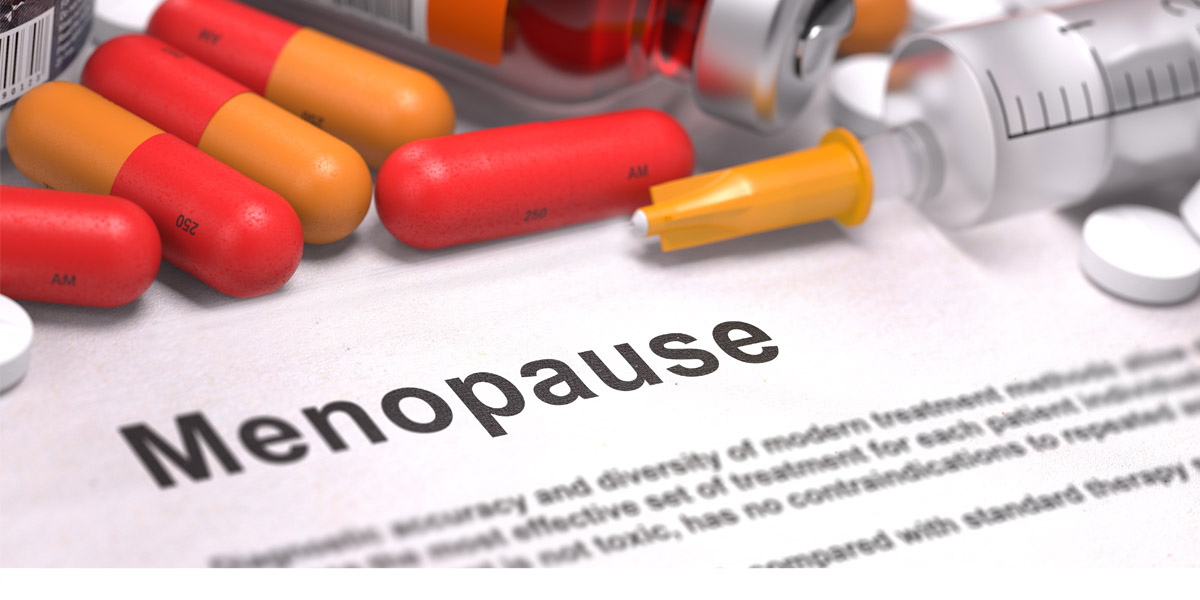Menopause and unhealthy misinformation

There comes a time in every woman's life (for argument's sake, let's say it's around 48) that she can no longer ignore the elephant in the room.
And so during a recent visit to a women's health clinic I finally broached the menopause talk. When I mentioned hormone replacement therapy (HRT, the medical replacement of a woman's oestrogen and progesterone and, sometimes, testosterone) the nurse's eyebrows almost took flight.
"HRT can really help manage the symptoms of menopause – and it's safe," she added a little too quickly.
She went on to tell me that few women my age enquired about HRT. She suspected that they simply didn't trust it.
This didn't come as a complete surprise. I'd recently read that since the early 2000s, the number of women taking HRT had fallen by more than 60 per cent. This downward trend was reflected in women I know: of the 10 menopausal and post-menopausal women I spoke with for this article, only two had chosen HRT.
Several told me that their symptoms weren't severe or long-lasting enough to warrant intervention, others had looked at alternative medicine, but a few were still, some years down the track, suffering from anxiety and those interminable hot flashes and night sweats.
The reasons they dismissed HRT were simple – they believed it dangerous and perhaps, even, deadly. Now this was a serious indictment for a treatment once billed as the cure-all of menopausal symptoms, as well as osteoporosis and heart disease, so the question had to be asked – why?
To get some perspective we need to go back to 2002 when the Women's Health Initiative (WHI) released its longitudinal study, conducted to address health issues causing disease and early deaths in post-menopausal women. While ambivalent about cardiovascular benefits, the study concluded that taking HRT significantly increased the chance of breast cancer.
Few words carry more emotional weight for women than breast cancer (something the media were quick to pick up on), so it was little surprise that women abandoned HRT en masse. But unknown to many (including, it has to be said, many in the medical profession), the report, which was prematurely terminated, was riddled with inconsistencies.
Writing in Science Daily last month, International Menopause Society scientist – and one of WHI's principal investigators – Professor R. D. Langer wrote: "The incendiary reports … indicated that the study was stopped because HRT caused breast cancer and heart attacks, when in reality … there was no statistically significant harm for either breast cancer or heart attacks."
Read more at: smh.com.au
